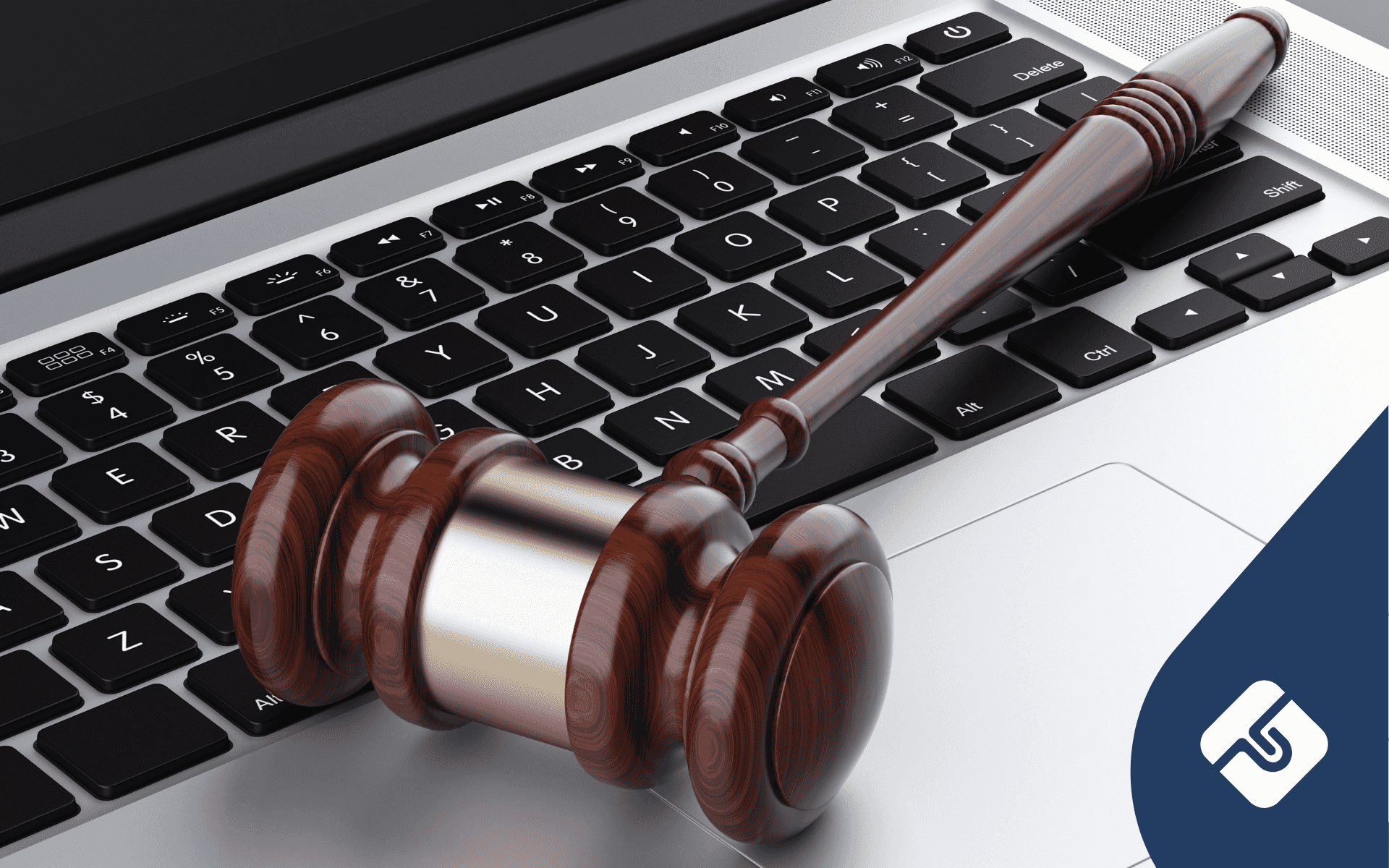Small businesses are subject to many laws, and inadvertently breaching them can cost thousands. Here we’ve compiled a list of the most common legal issues faced by small businesses. Knowing what the common legal problems are will help you take the right measures to minimise risk.
1. Incorrect tax declarations
Filing your taxes is a complex task for most individuals, but this can be even more difficult for small businesses. This can stem from trying to handle it yourself without hiring a qualified accountant, or choosing the wrong business structure.
An easy way to minimise this risk is to research what your tax obligations will be before you register your business. Tax is also a liability that you should account for in your business’s budget. When it comes to filing your taxes, hiring a taxation lawyer will help you ensure everything is in order.
2. Unsatisfied customers
The success of your business is largely dependant on the experience of your customers. However, it is inevitable that some may be unsatisfied, whether it is due to a misunderstanding or mistake.
The key here is to contain the situation before it gets out of hand. Tackling it early and trying to keep customers happy by offering some sort of alternative can be highly effective. Yet, some customers may still not be happy with that. A risk here is that an unhappy customer can leave online reviews of your business, which can be seen by all potential customers. However, if these reviews are false you may be able to take legal action to get the reviews taken down.
Conversely, if a customer decides to take the legal route and sue you, you’ll need to get legal assistance. A litigation lawyer is experienced in this area. Moreover, having the right insurance will also protect you if customers are injured on your business’s premises.
3. Licences
For most industries, there is a licence you are required to get before you can legally trade. Building licenses, liquor licenses and real estate are some of the most common licences business owners have to obtain. This is to ensure you have been properly taught the laws relevant to the industry and that you know how to operate the necessary equipment.
If you are not sure if you require a licence, it is essential that you check. Having the license is also a great selling point and you can face heavy fines if you are caught trading without the right one.
4. Employment
If you have under 20 employees, you are classified as a small business under Australian law. It can be tempting to hire your employees on an informal basis, but this can lead to issues down the track. Even if your employees are covered by a Modern Award, you should formalise your hires. You can do this by using an employment contract, which will clarify the terms of employment, conduct and grounds for termination.
Further, having the right workplace policies will allow you to set out your office procedures clearly. Legal issues for small businesses can arise in relation to an employee’s use of social media, conduct or even if your employees smoke at work – so it’s always wise to have documents which cover these.
5. Intellectual property
People and businesses are coming up with new ideas and technologies all the time. Someone from New South Wales and someone from Western Australia might both have the same innovative idea at different times. Neither has ever talked to the other person and could not possibly know if the idea has been done already. This is why it is now one of the most common legal issues.
Before commencing operations, it’s important to properly check that ideas such as your business name, logo and slogan aren’t already out there. You can search online to see what trademarks have been registered. If there happens to be one similar or the same to what you had in mind, you risk getting into legal trouble for trademark infringement. The lesson here is to register your business’s trademarks early, because they will only become more valuable to your business as it grows.
6. Choosing a Business Structure
Making the decision on what business structure is right for you can be stressful. Whether it be a sole trader, partnership, company or trust. Each comes with its own set of tax and legal obligations. If you would like to find out more about business structures check out our comprehensive article here.
Our FREE Business Structure Quiz may also be able to shed some light on the best course of action. However, we always recommend that you seek the help of an expert business lawyer.
Like most things, the circumstances of your business can change. It’s common for people to start their businesses out as sole trader and shift structures as it grows bigger. Being a sole trader allows you to run your own show, but this also means you’re directly responsible for your business’s legal and financial obligations. Sole traders are also taxed on their profits individually which can be expensive once your business starts to make a lot of money. Companies on the other hand are not liable for debts and are considered a separate entity to it’s directors. Companies also have advantage of paying a lower tax rate. If your business is growing, reflecting on your business structure and how beneficial it is to you is a must.
7. Raising Capital
Raising capital is a pivotal part of successfully scaling your business to achieve its goals and mission. Some common terms you may hear in the “Funding Process” are Seed Round & Angel Funding, Series A, Series B and Series C, D, E onwards. Each stage represents a different stage in the growth of your business and it’s important to gather a fundamental understanding of the process before engaging in it.
When raising capital, it can be hard to know what documents are required, what mistakes you need to avoid, and where to actually start. It’s also wise at this time to hire a Capital Raising Lawyer to make sure everything is in order.
8. Starting A Website
The first step of starting a website is registering your domain name. However, only registered businesses (who hold and ABN or ACN) can register for domains ending in .com.au, .au or .org.au. Your business will also need to ensure your payment gateways are secure and protect the customer’s sensitive information.
Running a website also means you’ll need to comply with relevant consumer, intellectual property, and privacy laws. The important documents here are:
- Website Terms and Conditions
- Privacy Policy (or a GDPR policy if you operate or service customers in Europe)
In addition to this, you’ll want to look at ways you can protect your online intellectual property. Website content is subject to copyright protection but it’s also a good idea to register a Trademark to ensure your logo and business name are also protected.
Conclusion
There are a lot of legal considerations to make when starting your own business. It’s important to take care of these early, because they can be difficult and more costly to manage later on. The good news is that it is possible to take care of these inexpensively whilst taking the right preventative measures to protect your business.








